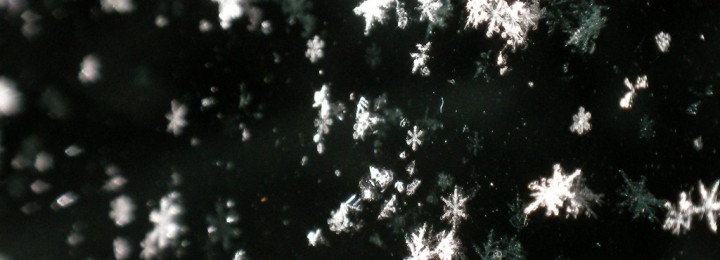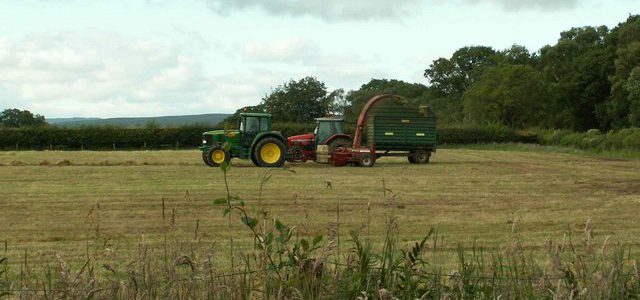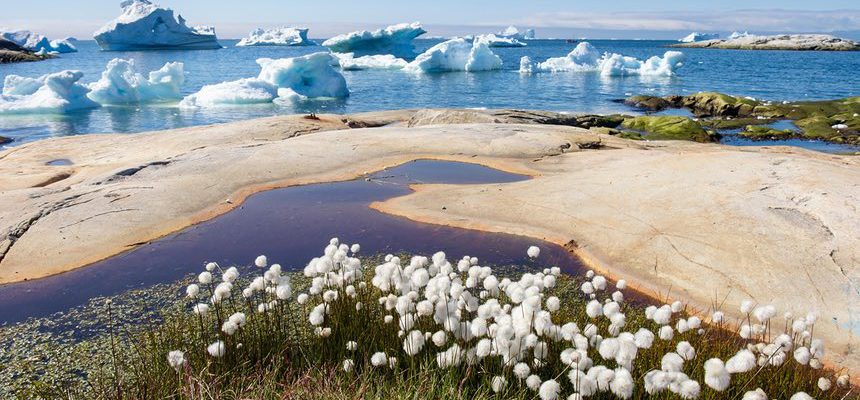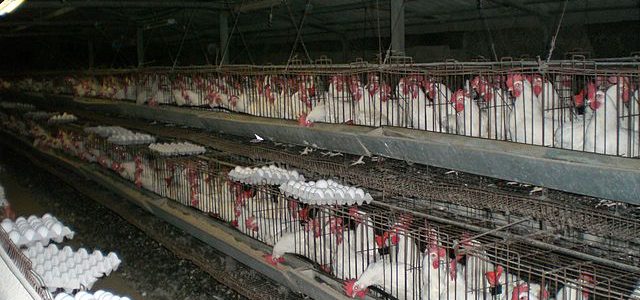Climate and Ag in the news
-

If you enjoy hiking in the mountains or just watching mountain scenery, you should be concerned about the changes that are occurring in mountainous areas across the world. This story from Outside magazine discusses how the loss of ice is making the high mountains much more treacherous because the ice that used to hold the…
-

According to Vegetable and Specialty Crop News, “Agricultural acres have dropped dramatically over the last 100 years throughout the Southeast. According to stacker.com, Georgia and Alabama were two of the top four states to see their farm land decrease the most.” The loss has come as farmlands have shifted to new housing developments as well as…
Posted in: Climate and Ag in the news -

This year’s crop of pecans has been very bountiful and the trees have been loaded with nuts. With such an active tropical season, producers have been concerned about the possibility of losing a large portion of those nuts as well as seeing damage to trees from tropical winds, as happened with Irma and Michael in…
-

As expected, Tropical Storm Zeta was named today and is expected to make landfall as a hurricane on Wednesday along the Louisiana coast. So far this time it looks like eastern LA is more likely to be hit, but there is still some time for things to change. The storm is then expected to pass…
-

In the latest paleoclimate research published this week, climate scientists have been able to use a new source of proxy data to lengthen the known length of the Atlantic sea surface temperature from 100 years to 2,900 years using lake sediments from Sawtooth Lake in the Canadian High Arctic. The research shows that the last…
-

When you see a headline like this, you just have to stop, don’t you? This is from Morning Ag Clips, which discusses the potential for harm to the poultry industry as hurricanes become stronger, wetter, and potentially more frequent (although the research on this is not clear). While most poultry houses are not built near…
-

Modern life on earth depends on the presence of oxygen in the atmosphere. Now it is about 21 percent of the atmosphere, following nitrogen, which is the most plentiful gas. But there was a time in earth’s history when there was very little oxygen in the atmosphere. How did we get the current oxygen-rich atmosphere…